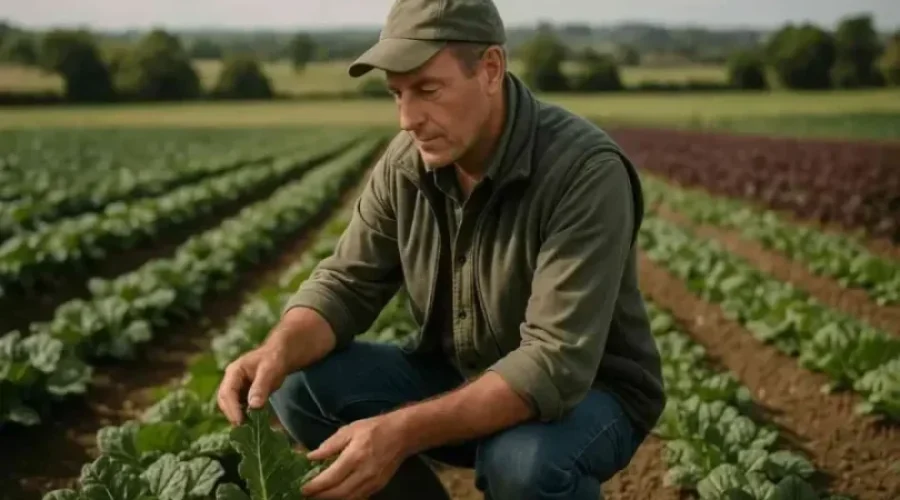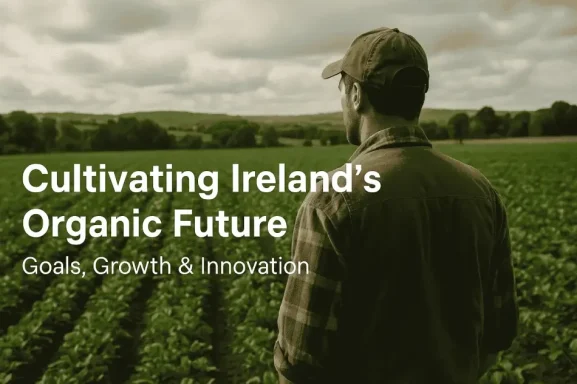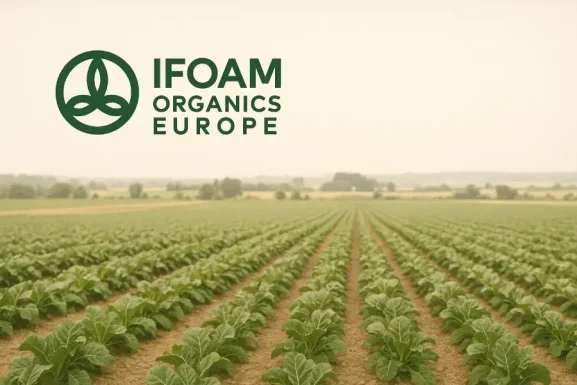Why More Irish Farmers Are Making the Switch to Organic
Organic farming in Ireland isn’t just growing, it’s thriving. With more farmers making the shift to organic methods each year, there’s a growing interest in what organic actually means and why it matters. Whether you’re a consumer trying to make more conscious food choices or a producer curious about certification, understanding the basics of organic farming is a good place to start.
The infographic below breaks it down clearly. From the core principles of organic production to the five-step certification journey, it highlights what sets organic farming apart, and why it’s gaining ground in Ireland. You’ll also see how organic practices compare to conventional ones, especially in terms of synthetic inputs, antibiotic use, and environmental care.
If you’re still wondering what’s the real difference between organic and conventional food, or how to get started with organic farming, keep reading, or check out our deep dives on organic certification in Ireland and why consumers are choosing organic more than ever.
Growing Organically in Ireland
A visual guide to the principles and benefits of organic farming.
A Sector in Full Bloom
The area of land farmed organically in Ireland has…
More than 3x
…tripled since 2021, showcasing a major shift towards sustainable agriculture.
What is Organic Farming
It’s a system that prioritises natural methods protect the environment, maintain biodiversity, and insure high standards for animal welfare.
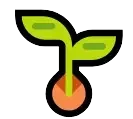
Natural Inputs
Prohibits synthetic fertilizers and pesticides, focusing on soil health and crop rotation.

Animal Welfare First
Limiting the use of antibiotics to only when necessary with more space and outdoor access.

Environmental Protection
Enhances biodiversity, improves soil structure, and protects vital waterways from chemical runoff.
The Organic Journey: A Path to Certification
Becoming a certified organic producer in Ireland is a structured 5 step process.

Assess your farms sustainability, stocking rates and readiness to farm without chemicals.

Select an official certification body like IOA – Irish Organic Association or Organic Trust.

Enter a mandatory 2 year period to transition your land and practices to organic standards.

Register for the Organic Farming Scheme (OFS) for financial support and training.

After successful conversion, gain full organic status and sell produce with the official logo.
Why Go Organic?
Growth in Organic Land Use
The increase in land dedicated to organic farming reflects growing demand and support for sustainable agriculture in Ireland.
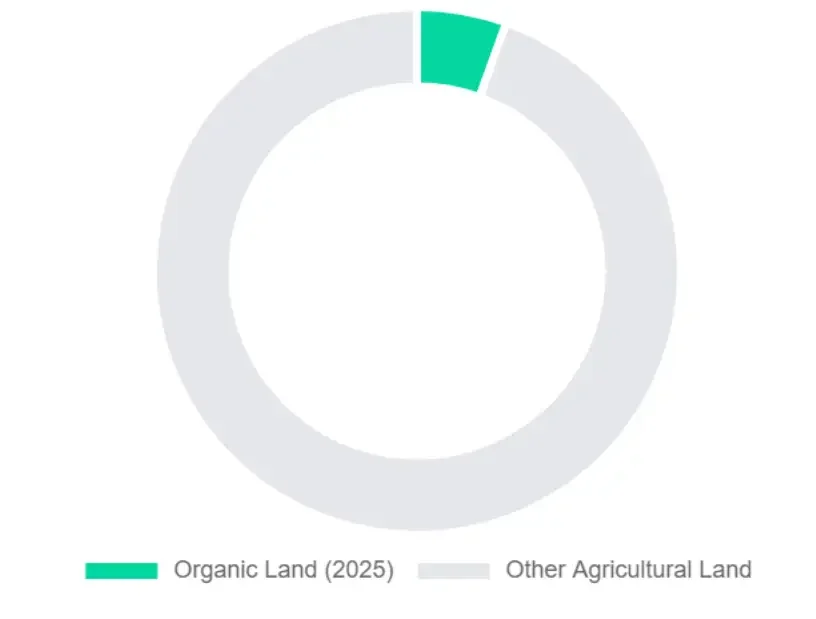
For the Farm and Economy
Benefit from lower input costs, access premium markets and grant aid through the Organic Farming Scheme.
For the Consumer
Provides high-quality, traceable food produced with the highest standards of animal welfare and environmental care.
Organic vs. Conventional: A Clear Difference
Organic standards create a distinct contrast in farming practices, focusing on natural cycles over chemical intervention.
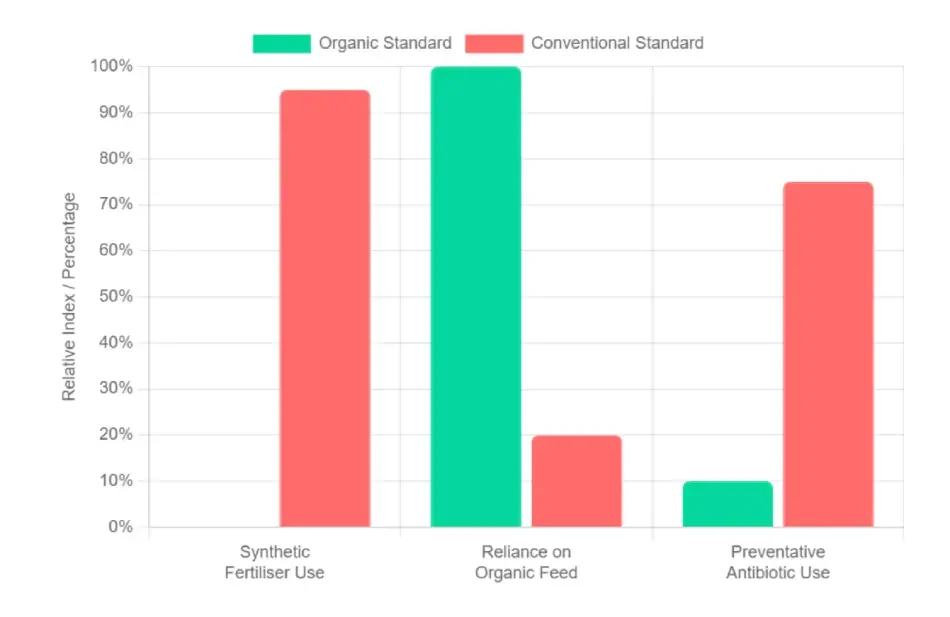
The shift toward organic farming isn’t just a trend, it’s a structural change in how we approach food, farming, and the future of our environment. As the infographic shows, organic practices deliver on multiple fronts: healthier soil, reduced chemical use, stronger biodiversity, and better conditions for livestock.
For producers, the move to organic takes time and planning, but the long-term payoffs in sustainability, trust, and market opportunity are significant. And for consumers, organic food offers traceability, higher animal welfare standards, and a more transparent path from farm to fork.
Want to dig deeper? Learn more about the benefits of organic farming for Irish biodiversity, or explore our guide to shopping organic on a budget. If you’re a producer, start here with our step-by-step blog on how to convert your farm to organic.
